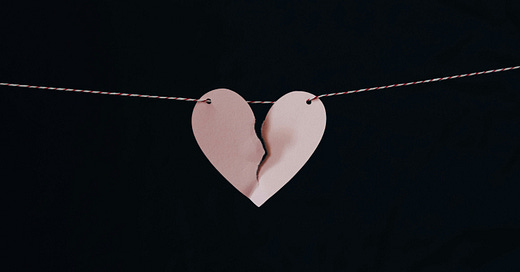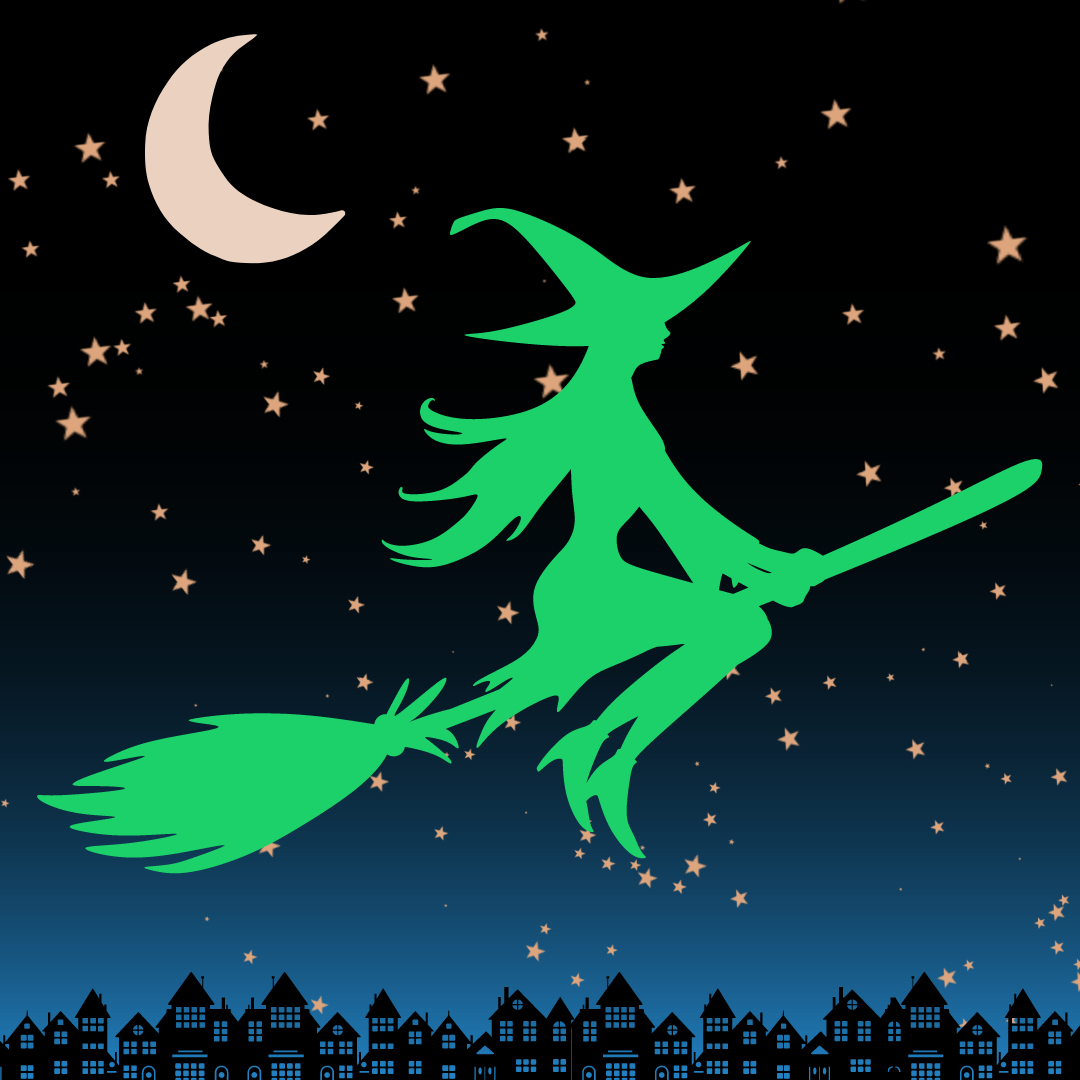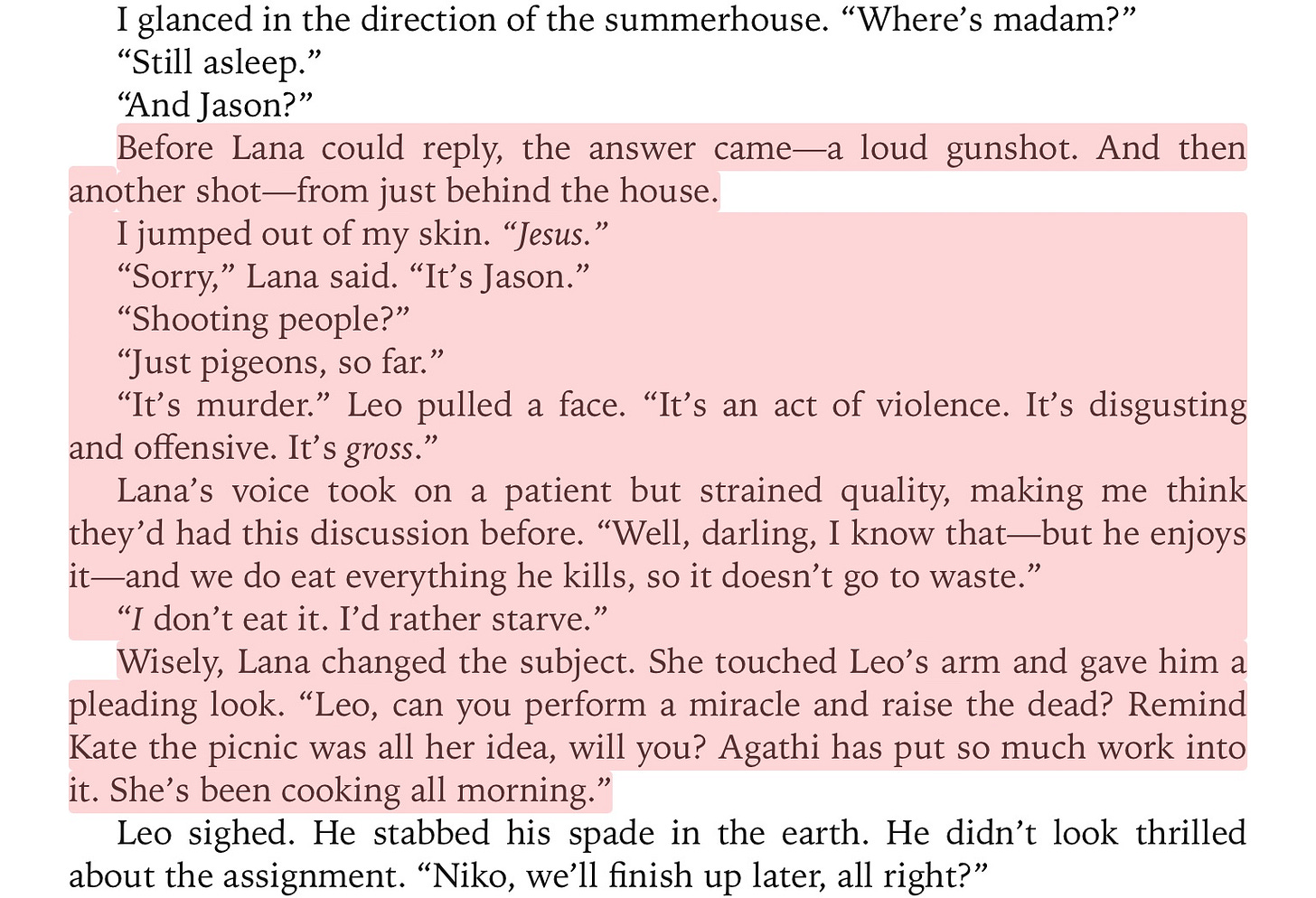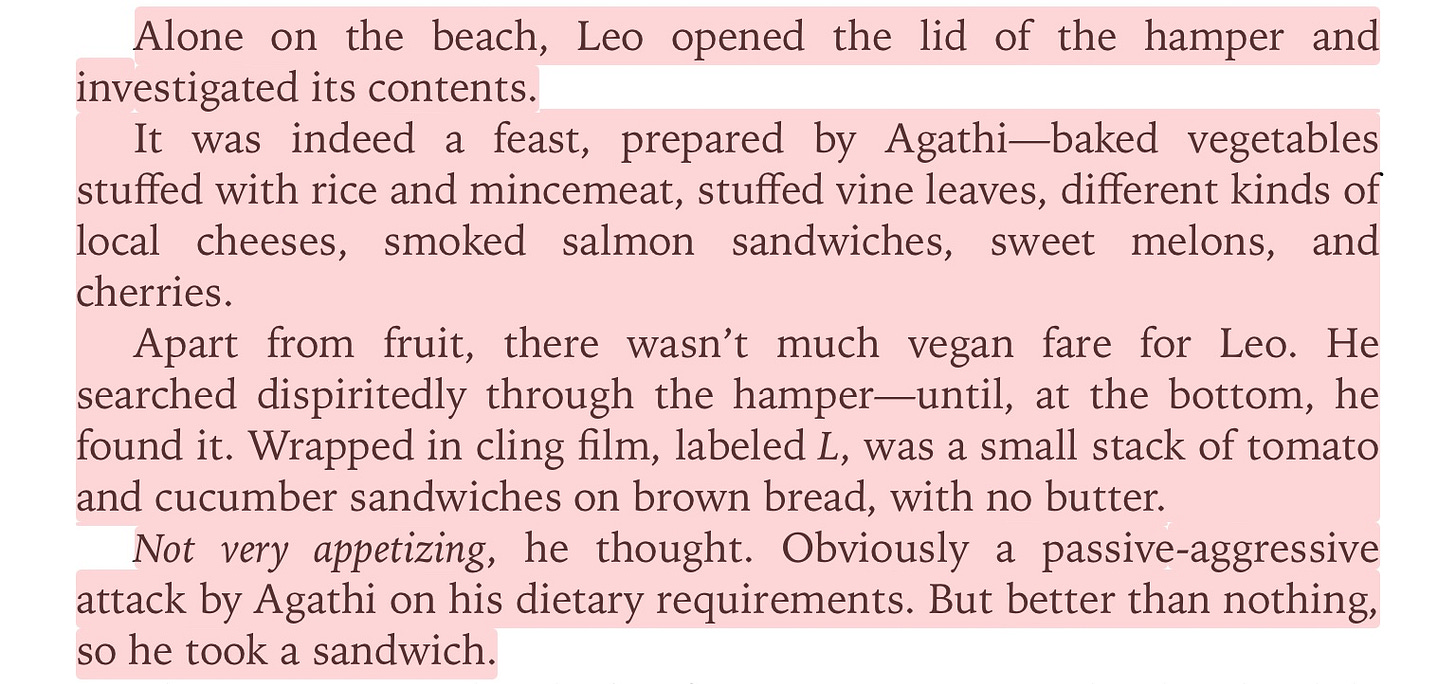My dad recently confessed that he was about to reincorporate eggs back into his diet, and I’m not handling it well.
I’d overheard my parents talking the day before about this change, and I suspect they knew that, which is the only reason he fessed up at all. While I expressed my disapproval over his decision, I wasn’t surprised. Because he never really stopped eating animals to begin with.
Six years ago, his admittance would’ve thrilled me. The concept of him going vegetarian at that time was as inconceivable as him voting for a Democrat. For all my life, he ate eggs, turkey bacon, and toast slathered in butter for breakfast every day, along with coffee drowned in Half & Half.
A baby boomer growing up in a conservative Polish family, meat was like part of his religion. Carnism and Catholicism, synonymous. No holiday gathering with his side of the family was complete without pierogis or kielbasa, much to my chagrin.
My mom, alternatively, grew up as wealthy as my dad was poor, and has always felt the same love for animals as me. She likes telling the story of her as a teenager, dropping meat onto the floor for the dog to eat so she wouldn’t have to. Though she only ever dabbled in vegetarianism, the way she tells it, she’s been vegetarian ever since then.
It wasn’t until I was 11 years old that she and I both permanently altered our diets, cutting out red meat. (Since I’ve spilled her secret, I’ll also admit that I still consumed some pork after this point, though only very rarely.) Even a decade after my mom and I made this change, my dad could eat it—them, pigs and cows—every day without concern. He would giddily drive to the grocery store on Tuesday afternoons to grab a couple racks of ribs, on sale that day each week. My mom and I probably made some disgusted faces at the to-go containers on his placemat. There’s something especially repellent about ribs; the messiness of them, slathered in sauce that inevitably winds up on your face, the carnal consumption with greasy hands. Eating ribs is an event, a choice to play with your food like a sadistic toddler.
Though I was in college when I went vegan, I knew I couldn’t stand to be around that when I did go back home. So as a quasi-birthday present for myself, I had my parents watch What the Health, Cowspiracy, Dominion, and Gary Yourofsky’s famous speech. They lodged their complaints before the graphic footage began, and even my dad—typically totally unconcerned with animals—expressed discomfort at the sight.
I may have bullied them into it a bit, but they were on a plant-based diet after that. My dad immediately shed weight, going from the chubbiest to the skinniest one in the family—even though he was eating processed plant-based meats and/or cheeses daily—and he noticed health improvements. Notably, his blood pressure lowered to a normal level, though his doctor recommended he stay on his statin. And here’s where we begin running into problems.
My parents have become highly skeptical of “facts.” Indeed, the word holds little esteem…unless it confirms their preexisting beliefs. I tried to reinforce the information from What the Health by sending my dad nutritionfacts.org videos and articles, reminding him that double-blind, placebo-controlled, peer-reviewed studies are the crème de la crème of scientific research. I suspect he ignored it all.
No matter what I said, he never seemed to believe that a plant-based diet is not only healthy but natural. It felt like I could tell him oxygen is essential to survival, and he’d say he needed to talk it over with his physician (and then his doctor’d say he actually should be inhaling dairy fumes). For someone so suspicious of anyone with expertise in white-collar fields, he has no problem accepting advice from a man in a white coat, despite the fact that the man’s medical degree isn’t even in nutrition.
Of course, confirmation bias is only a symptom of a greater problem. Extroversion is the real issue. He thrives in group settings and needs social interaction daily, otherwise he gets restless and antsy. But his constant interaction with others reinforced the idea that his dietary change made him an outsider.
Retiring to Florida, my parents insulated themselves from, well, reality. Sheltered by their wealth with like-minded Republicans, they could view the world outside their HOA-maintained gated neighborhood solely through Fox News, further isolated from the effects of their beliefs and actions.
Typical of affluent conservatives, money matters most to my mom. Saving money trumps ethical consumerism. My attempts to remind her that the brands she typically buys (or gets for “free” through Medicare) aren’t cruelty-free have fallen on deaf ears. “Well, I’m sure they’re not testing this tube of toothpaste on animals,” she’ll say. Buying the cheapest detergent she can find at the store is paramount, and every penny saved is a cause for celebration.
Though she resonated strongly with the ethics of veganism, she fed my dad’s bad habits. Literally. For years, she’s bought him milk chocolate candies—hidden away in their closet to avoid my ire—stocking up with half a dozen boxes at once when they’re on sale. Now that the dam has cracked, not only have eggs appeared in the fridge but ice cream—in addition to the non-dairy So Delicious and Ben & Jerry’s my dad already enjoys—and store-bought pie. I’ve seen his road trip receipts for Jimmy John’s and other fast-food establishments over the years.
But despite all that, at least they had some shame about it; they tried to keep it hidden from me. Now it’s all out in the open.
As I walked along with my dad that day—my dog snatching up any blade of grass she could, typical vegan—I told him I thought his doctor was wrong, that he didn’t need eggs to fix whatever health issue he’d been dealing with. (He was vague when I inquired about the malady that, apparently, only what falls out of a chicken’s behind can cure.) He reverted to the “both sides” argument, saying there is no single healthy diet. Of course, that doesn’t explain the influx of dairy sweets.
Shortly after his confession, an email from him popped up on my phone, a link to an Epoch Times article—god help me—about why animal products are “essential” to brain health. Again, he refuses to believe plant-based doctors who show their work, so to speak, but some bunk science on a right-wing propaganda website? All good!
As critical as I’ve been of my parents’ political beliefs, that’s not fundamentally the issue. Conservatives can love animals just as much as liberals. (I was raised conservative; I can attest to that.) But my parents’ republicanism has taken on a condescending edge, a superiority complex fed by the belief that they are the sole purveyors of facts. So sure are they that I’ve been gaslit, that I’m averse to truth—their words—that it’s easy to assume I’ve been duped in other ways, too.
The irony isn’t lost on me that what they’re accusing me of is exactly what’s happening to them.
Living with this—what I call chronic disappointment—wears on me. But while I can’t know for certain how often my parents consume animal products, they’re doing a heck of a lot more than most people. Certainly more than others with the same socioeconomic status. If everyone were mostly plant-based like them, the animal agriculture industry would be on its knees, waiting for the death blow.
Admittedly, it’s hard to remember that when my dad joking-not-joking grumbles about vegan food or pityingly says he used to be as “idealistic” as me before he learned how the world really works. But I try. Otherwise, I avoid engaging with them on divisive topics to avoid inevitable arugments. We continue drifting further apart the more differences arise between us, like streams flowing down opposite sides of a mountain. So I carry on. I pour myself into writing, into reading, into stories I love. I think about all the people I can reach with my words, words that will never penetrate my family’s biases. When I think about the years ahead of me, of all the good to come, I can’t help but feel hopeful that they’ll be better than the ones behind me.
On my mind: The Fury by Alex Michaelides
An unintentionally fitting read for this post, The Fury follows an insufferable narrator, Elliot, to his friend Lana’s private Greek island, where mystery ensues. Separate from the story’s plot, Lana’s son, Leo, is revealed as vegan. Let’s see how the other characters deal with this…
Elliot finds Lana and Leo working in the garden:
The trio then hears gunshots coming from Lana’s husband, Jason:
A few pages later, in Leo’s perspective, he rifles through a picnic basket, prepared by their chef/housekeeper/assistant, Agathi:
Though few of us know what it’s like to live with that kind of wealth, vegans are all too familiar with the uncomfortable conversations when we try to speak our minds, the diversion tactics, the backhanded insults and saccharine smiles. While the story’s narrator is a pretentious fool, at least the author doesn’t fall into the same trap of poking fun at the vegan.
be conscious, be kind, be vegan








